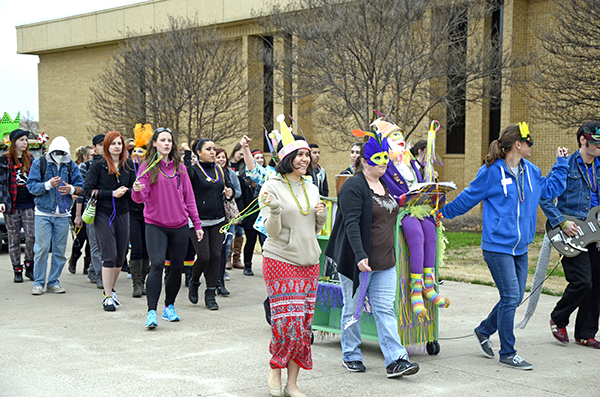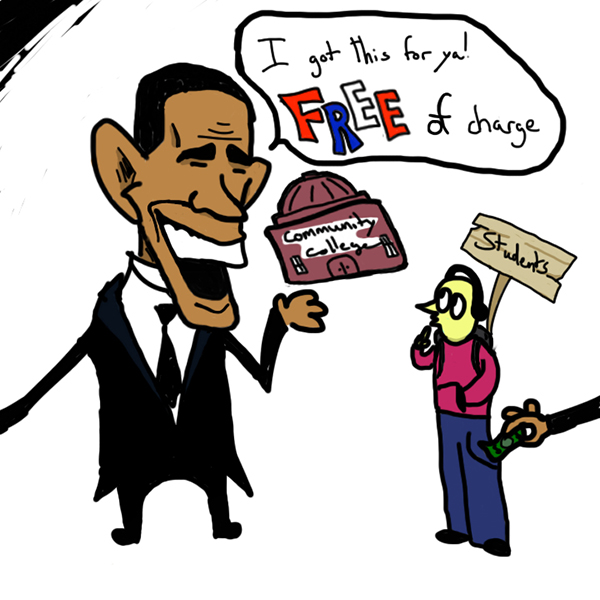By Gregory Hoeft/reporter
With the Civil Rights Movement mired in the mud of Jim Crow laws, Martin Luther King Jr. wrote a powerful letter in response to local clergymen while incarcerated in the Birmingham, Ala., jail on April 16, 1963.
The SE Campus presentation Philosophy and Civil Rights, given Jan. 28 by philosophy assistant professors Justin Grace and Michael Vendsel, shed more light and perspective into King’s letter and his views about “unjust law” and “natural rights.”
King, in the letter, felt the need to address the clergymen’s concern that his tactic of “civil disobedience” to amend laws was, in fact, a direct violation of these laws. In his “Letter from Birmingham Jail,” King set out to explain that the laws in question were unjust and, by the nature of law, repressive and invalid.
Grace expanded on the historical events surrounding the famous letter, most notably why it was penned and how. His campaign of civil disobedience led to amended laws banning protests and marches by city ordinance, Grace said. King’s subsequent incarceration in Birmingham led area religious leaders to question his motives.
King believed “the whole point of civil disobedience is to try to create a context for negotiation,” Grace said.
King attempted to paint a portrait of the difference between right and wrong in context of laws that very often had the interests of the nation’s majority at heart by calling on works and thoughts of great philosophical minds such as Thomas Jefferson, St. Thomas Aquinas and Jesus of Nazareth, Grace said. At this time in the country’s history, many minorities were marginalized, and a way to bring the issues out into the open was pressing.
Vendsel covered the philosophical roots of the letter written by King in newspaper margins, on scraps of paper and pretty much on anything he could get his hands on while in jail.
King’s beliefs had deep connections with Socrates and his concepts of natural and just laws — those that benefit or improve the community, solidify relationships between peoples of all walks of life and intrinsically add to the progress of all humanity, he pointed out.
Vendsel said the line between just and unjust laws becomes important when noting “perhaps the law and morality are not the same.”
King established that unjust laws simply do not mirror the equality of all men, a concept that many still fight against in the nation and the world today, Vendsel said.
“So you’re harming this notion of friendship with other humans,” he said. “You’re not treating people as if they all have intrinsic worth.”






























